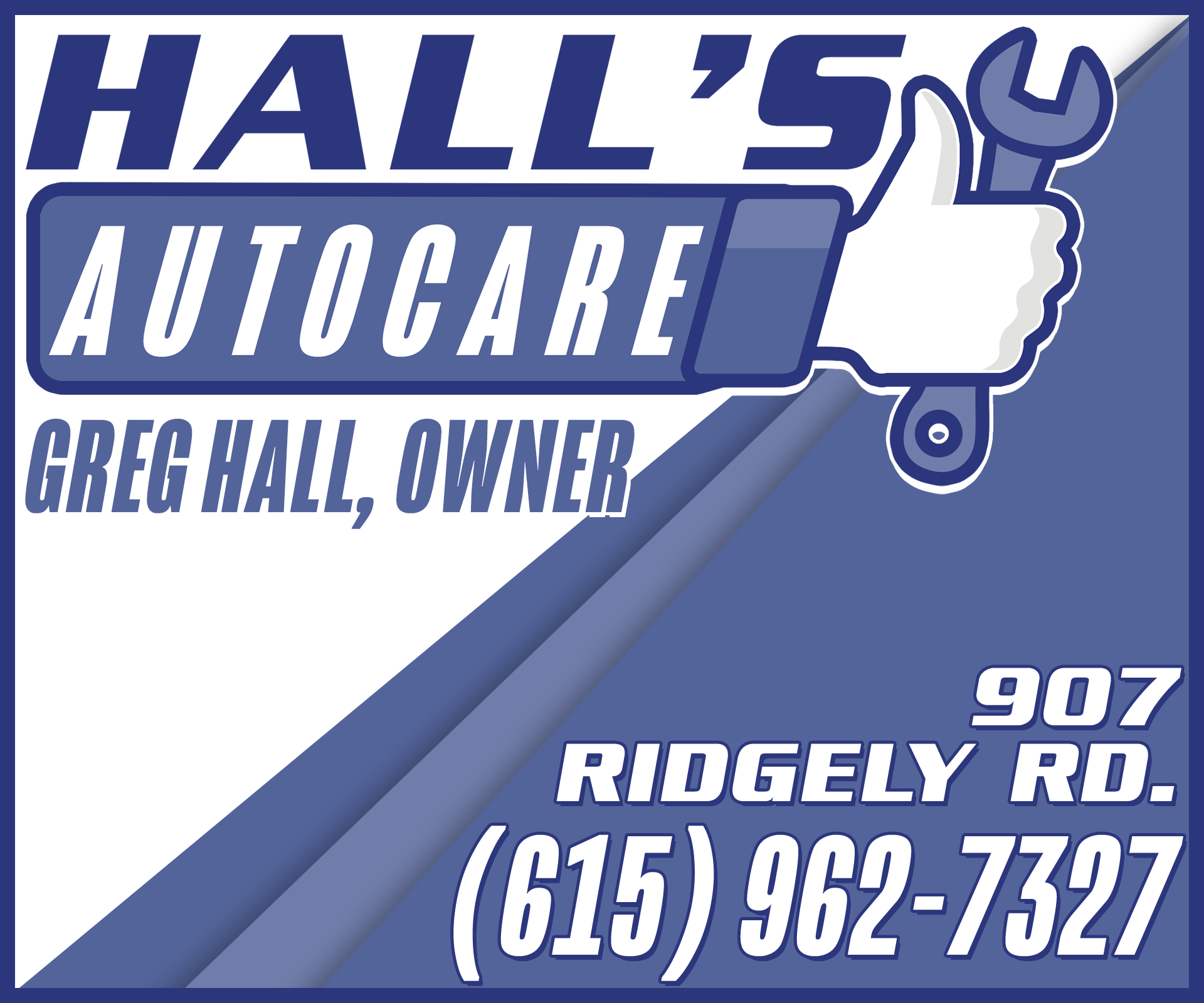Many know Habitat for Humanity for building houses using community volunteers or for President Jimmy Carter's involvement with the international nonprofit, but Habitat for Humanity is also a leader in financial education for low-income families that empowers them to stop the cycle of poverty.
The Financial and Homeowner Education Program at the Rutherford County Area Habitat for Humanity is a 30-week program that all applicants for the Habitat Home ownership Program must complete and the program is also available to the public. Presented by Dominion Financial Management educator Regina Harvey, the financial classes of the program cover all the things that low-income families struggle with and want to learn about, such as how to check their credit rating and what that means, getting their debt-to-income ratio down, how to avoid predatory lending, how to budget their household costs and how to make sound financial decisions.
"With Rutherford County being the fastest growing county in Tennessee and attracting many new industries, it's vital and economically prudent that we help our low-income families and work force live with dignity and a solid understanding of personal finances, and that they have the opportunities for safe and affordable housing," states Melissa Cross, Development Director of the Rutherford County
Habitat for Humanity.
The Habitat program also includes home maintenance advice and how-to instruction by the Habitat construction crew so homeowners can properly maintain their homes and make repairs. Habitat Partner Families also put in 300-400 hours of "sweat equity" working on the construction of Habitat houses or in
the Habitat ReStore.
Recently the Rutherford County Habitat added a Food and Nutrition Program given by Tiffany Schmidt, Community Education Leader of the University of Tennessee's Agricultural Extension.
"The importance of the Habitat Financial and Homeowner Education Program is that our homeowners, who often live on minimum wage, are then prepared to manage their money, get off of government assistance and permanently move out of the cycle of poverty," states Terri Shultz, Executive Director of the Rutherford County Habitat for Humanity. "We call this "a hand up, not a hand out" and many of our families move on to further their education, get better jobs and become very active in the community and paying it forward to other families in need."
According to Habitat for Humanity International, children of Habitat homeowners are more likely to:
? Have improved physical and mental well-being.
? Graduate from high school.
? Eventually own a home of their own.
"Yes, we swing hammers and build houses," Shultz adds, "but we really build hope, strong families and communities. And that impacts all of Middle Tennessee"











